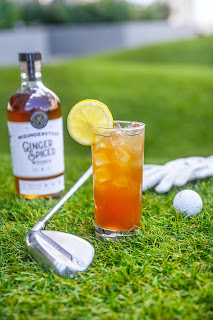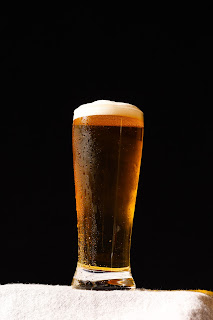In its June
10, 2015 decision in the case of Moranko v. Downs Racing LP, d/b/a Mohegan
Sun at Pocono Downs, 2015 Pa. Super. 137 (Pa. Super. June 10, 2015 en banc)
(Majority Opinion by Panella, J.) (Dissenting Opinion by Mundy, J., joined by
Bender, P.J.E. and Donahue, J.), the Pennsylvania Superior Court ruled that
valet parkers have no obligation to withhold the keys from drunken drivers.
In this
matter, the Plaintiff was asserting that the Mohegan Sun Pocono Casino was
negligent when a valet returned the keys to a driver who was thereafter killed
in a single vehicle accident just off the premises of the casino. The decedent’s mother filed suit alleging
that the casino was negligent in serving her son alcohol while he was visibly
intoxicated and for given back the keys.
The Defendant
casino prevailed on a summary judgment motion at the trial court level. The Pennsylvania Superior Court affirmed on
the initial appeal back in June of 2014.
[Click HERE to view the Tort Talk Blog Posts to the trial court and initial Superior Court decisions].
With this en banc decision, the Pennsylvania Superior Court again
affirmed the trial court’s ruling.
In the
majority Opinion, the court noted that, on this issue of first impression, it
could not find that, as a matter of law, the casino “had the power, yet alone
the duty, to withhold the decedent’s keys” under the circumstances
presented.
Reviewing
analogous law under social host cases, as well as law from other jurisdictions,
the court found that a parking lot attendant cannot be held liable for
returning the car to an intoxicated owner, in part, because the attendant is
required by law to return property on demand.
The majority opinion written by Judge Jack A. Panella and joined in by
President Judge Susan Peikes Gantman and Judges Kate Ford Elliott, Jacqueline
O. Shogan, Judith Ference Olson and Paula Francisco Ott can be viewed
HERE.
The dissenting opinion written by Judge Sallie Updyke Mundy and joined in by
Judge John T. Bender and Judge Christine L. Donohue can be viewed
HERE.
According a local news article on the decision, Plaintiff’s attorney noted
an intention to appeal this novel issue to the Pennsylvania Supreme Court.
UPDATE: In a February 25, 2016 Order, the Pennsylvania Supreme Court denied the Petition for Allowance of Appeal filed by the Plaintiff. Click this
LINK to view that Order.














